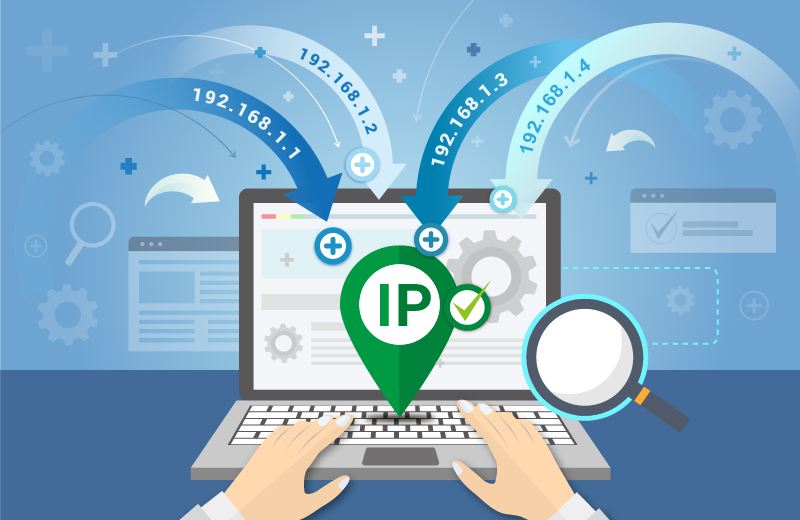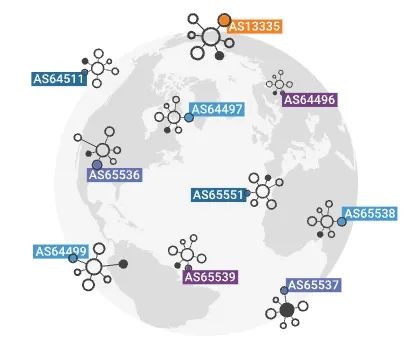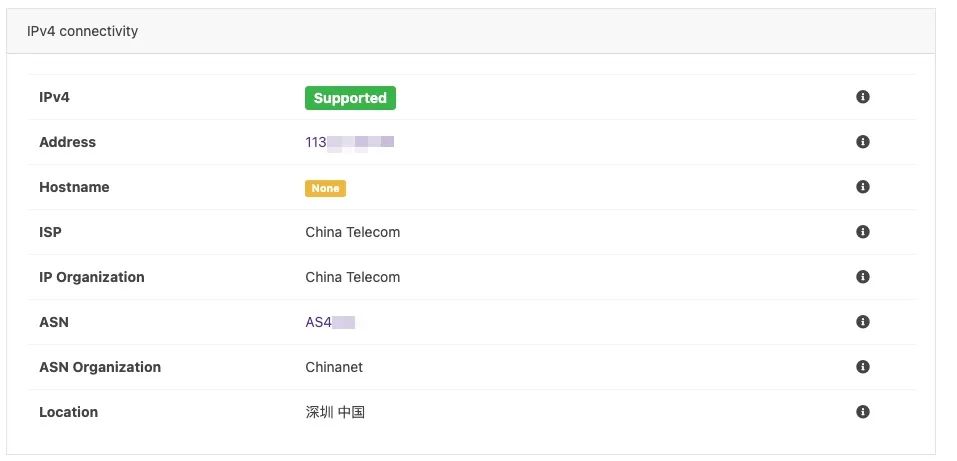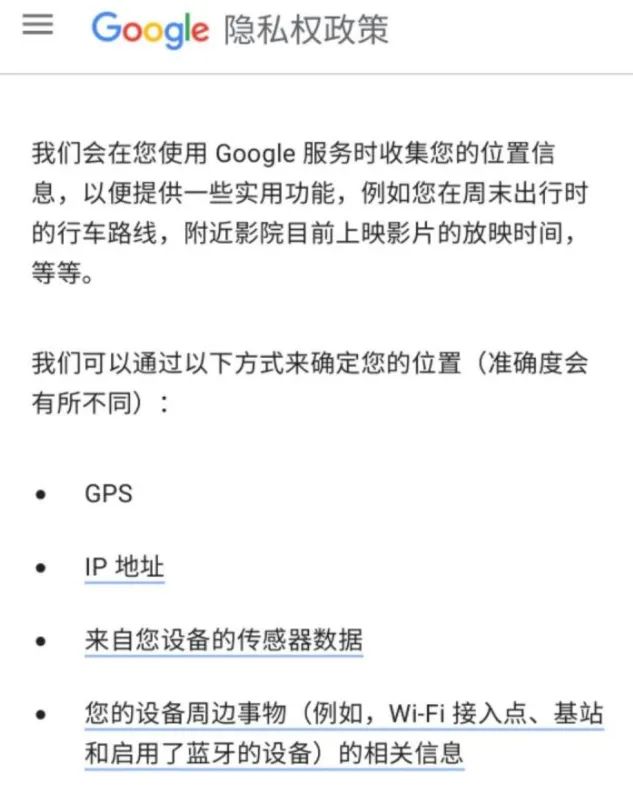How is the IP location displayed on the whole network?

How is the IP location displayed on the whole network?

In order to further regulate domestic network public opinion, the state stipulates that all Internet platforms need to display IP ownership information. Weibo, Douyin, official accounts and other platforms have launched IPs The function of belonging place, which marks the further standardization of domestic speech. But how do Internet platform providers locate our region through IP? What is the principle behind this? IP What are the practical applications behind the place of belonging? Today we will talk about the technical principle behind IP attribution.
How do I find an address by IP?
We all know that someone can be found by IP address. But when we think about it, we will find that IP addresses are not directly related to geographical location. So how exactly do we go through IP Address: Where do you find the address? The answer: through an autonomous system.
The Internet is a network of different networks, autonomous systems are large networks that make up the Internet, and every computer or device connected to the Internet is connected to one AS。 And every autonomous system will have a code, which we call ASN.

Think of AS as similar to a post office in a town. Mail travels from post office to post office until it reaches the correct town, which then delivers the mail within that town. Per AS Each controls a specific set of IP addresses, just as each town's post office is responsible for delivering mail to all addresses within that town. Typically, each AS is used by a single large organization, such as the Internet Service Provider (ISP), Large Enterprise Technology Company, University, or Government Agency).
At this point, we can clarify the logical relationship: IP address -> address block -> Autonomous Network Coding (ASN) -> organization -> country. Via IP address, we can locate a general geographical location, such as: Beijing Chaoyang District, Shenzhen Nanshan District, etc. For example, my current IP address belongs to the autonomous network encoded AS4xxx, through this ASN You can know that the location is in Shenzhen, China, and the organization to which this ASN code belongs is China Telecom.

But through the ASN You can only find the geographical location at the county or district level, and you can't find the location in detail. But why do some times a classmate say: he was checked by the water meter and directly located to a certain household in a certain unit? In fact, the principle is also very simple! Above we said that it can be based on The IP address is located to the organization to which the ASN belongs, and the organization to which the ASN belongs will perform IP address allocation records when assigning IP addresses.
An IP Who the address is assigned to is clearly recorded. Therefore, the police uncle wants to find you for tea, and that is not a quasi-arrest. But as a reminder, not everyone has the permission to query this data from the operator. So those who say that they can climb the network cable to find you, basically can be ignored, are scaring you. Data inquiries can only be made after the police uncle has opened a case and presented the relevant procedures.
Privacy concerns for IP addresses
Is it only the operator who can find out someone's address? In today's era of big data, various Internet applications have collected a large amount of data information, and they can actually infer the approximate address location of a person based on this information. For example, Baidu Maps will always be used App SDKs and web pages record the association of IP and address locations, and allow reverse lookups, that is, reverse queries to a location based on IP addresses, which may be accurate to hundreds of meters.
In fact, not only domestic companies will do this, in fact, foreign companies will also do this, such as Google Also did. It's just that foreign countries control this aspect very strictly, so they will disclose the user's privacy data used more clearly, and also provide corresponding functions that allow users to turn off.

A friend said, then I can use a VPN to change the IP, is it that some apps don't know my precise location? Not really, because your neighbor can betray you. Some apps FIND THAT WIFI, BLUETOOTH, ETC. AROUND YOUR NEIGHBORS ARE VERY SIMILAR TO YOURS. And when a WiFi signal disappears, the neighbor's side also disappears. Then they can guess that you are hiding your truth IP, your geographical location and neighbors are very close. This is the application in the context of the era of big data.
Therefore, when some devices pop up with the prompt "Allow scanning of local devices", you should choose carefully. If it is not an intranet NAS Or screen casting, there is basically no need to allow this operation, this operation is stealing your personal privacy information. If you allow this, it will start scanning the device information for the entire LAN and then record it. Eventually, it will be yours IP address, mobile phone IMEI, WiFi and other information are aggregated to do some commercial information, such as - You search for the keyword house on your computer, and when you swipe your mobile phone Douyin, it will push you real estate ads.

Connect a local network device
To put it bluntly, the use of "find and connect to devices on the local network" provides convenience for cross-platform advertising, and from the perspective of personal information protection and privacy protection experience, this monitoring and tracking of devices may cause concern to users.